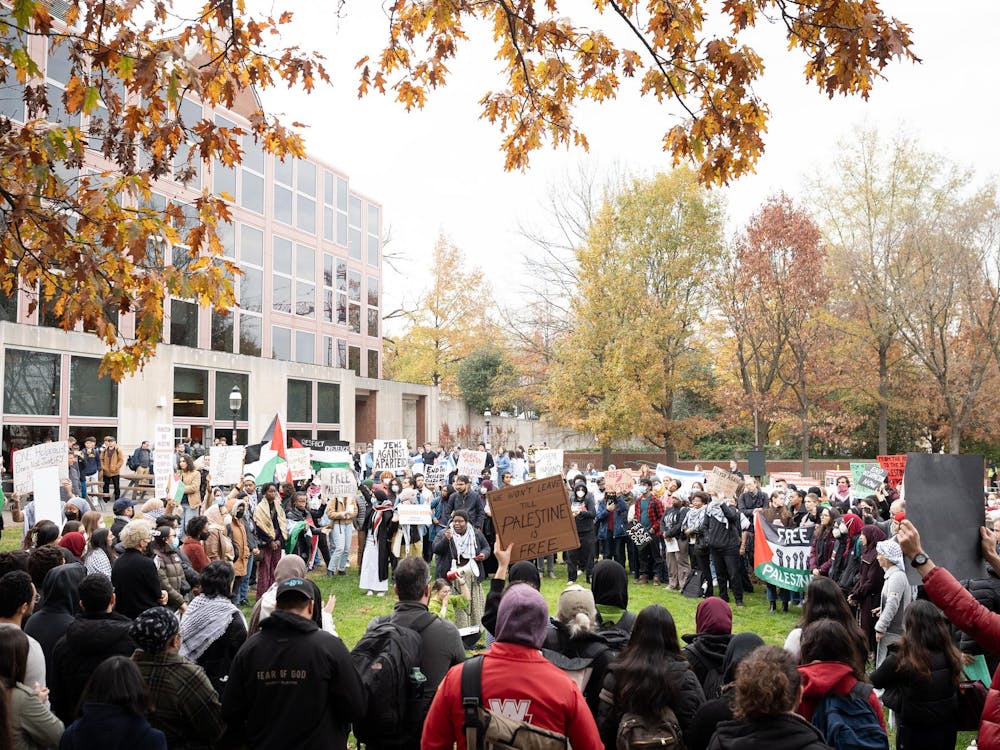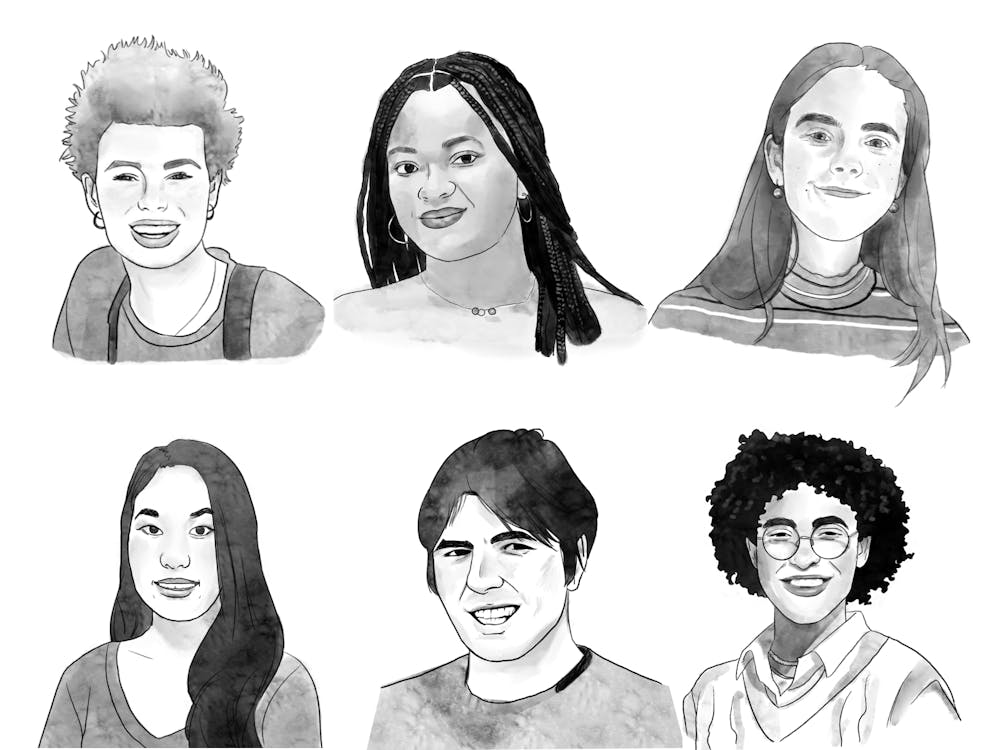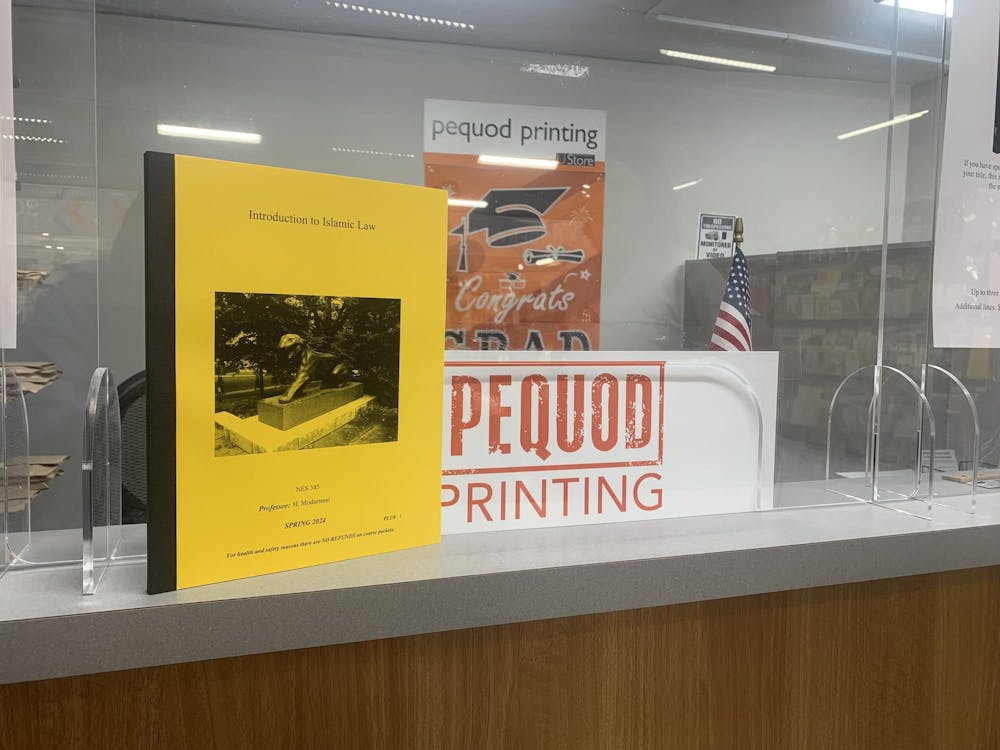You may have heard about Erika and Nicholas Christakis, the associate master and master of Yale’s Silliman College. A few days before Halloween, The Yale Intercultural Affairs Committee sent an email containing guidelines on how students should dress to avoid wearing costumes that may contain offensive stereotypes.
In response to the guidelines, Erika Christakis sent an email describing her and her husband's reservations about the university telling students what they should wear and how they should express themselves.
Following that email, the Christakises have been confronted by mobs of students denouncing their statement. Nicholas Christakis is an eminent sociologist and was named to TIME Magazine's list of most influential people, yet he is facing calls to resign over an email that dared to declare that “Free speech and the ability to tolerate offence are the hallmarks of a free and open society.”
When students actively stifle debate, proclaim that a university’s purpose is “not about creating an intellectual space” and argue that the Christakis’ opinion is not worth listening to, any shred of the intellectualism that should be the foundation of education is lost.
This is just the latest in a series of controversies revolving around two competing ideals: the right of free speech and the right to not be offended. I believe that the so-called right to not be offended loses every time.
Are there Halloween costumes that are offensive? Absolutely. Would I ever consider wearing one of them? Never. But, to paraphrase a well-known biographer of Voltaire, although I may disagree with your offensive outfit, I nonetheless support your right to be offensive.
The ideal of free speech, even offensive free speech, is necessary for an open society. Whether it involves college students wearing offensive costumes or aneo-Nazis group's desire to march together in public, free speech is essential, even if it can be difficult to tolerate.
If we stop open discussion of ideas, even ideas that offend, progress becomes impossible. Offensive costumes are a legitimate form of expression, and no one should have the authority to regulate what someone says or what they wear, no matter how insensitive.
Many, if not most, students will never consider wearing offensive costumes, any more than they would express patently offensive ideas. However, if they chose to take that path, it is theirs to take. Their freedom to express offensive ideas and stereotypes needs to be protected, no matter how unpopular.
As Erika Christakis wrote in her email, “American universities were once a safe space not only for maturation but also for a certain regressive, or even transgressive, experience; increasingly, it seems, they have become places of censure and prohibition.”
This censorship worries me far more than any racially or ethnically offensive expression ever will. Unlike most censorship, which can be thought of as “top-down,” i.e. the authority policing the thoughts of the populace, this particularly worrying form of anti-intellectualism is “bottom-up.”

This phenomenon of “bottom-up” censorship is incredibly dangerous, since it only allows the forms of expression that mob rule allow. Who is to say what forms of expression the majority will want to ban tomorrow?
When Alabama Governor George Wallace refused to protect the rights of civil rights protesters during the famous Selma Marches in 1965, President Lyndon Johnson stepped up and ordered the army to protect those protesters’ right to express their beliefs. Most people in Alabama did not agree with what those protesters had to say, yet the president felt strongly enough about their freedom of expression that he deployed the U.S. military.
If speech that diverged from what is thought of as “correct” were to have been banned in Alabama in 1965, the civil rights marchers would never have taken their first step. Many people believed that civil rights were abhorrent, unnatural and Biblically forbidden. Of course, we now view those people as the bigots, but at the time, if the majority had silenced the minority, then the civil rights story would have had a very different end.
I hate to draw a comparison between civil rights, something I wholly support, and insensitive clothing choices, which I do not, but that is the whole point: it is not about whether I support it or not. It is not about whether the speaker is “right” or not. We cannot pick and choose what forms of expression are allowed.
Yale’s own students have taken it upon themselves to label certain ideas as beyond the pale of contemplation, and anyone who dares to express these ideas as not meriting to remain employed. These students, who I assume are outspoken proponents of diversity, have forgotten one of the most essential aspects of diversity: diversity of thought.
The ideal of free speech is not to protect speech that everyone agrees with, but to protect speech that offends. After all, what is the point of a liberal arts education if the only ideas that can be expressed are ones with which we already agree?
Beni Snow is a freshman from Newton, Mass. He can be reached at bsnow@princeton.edu.








